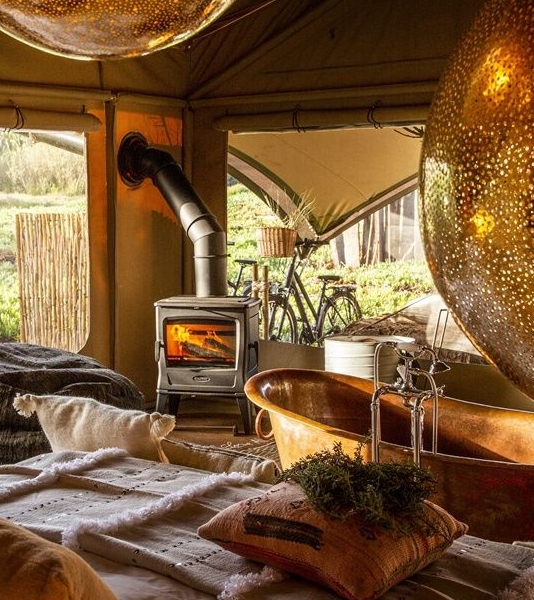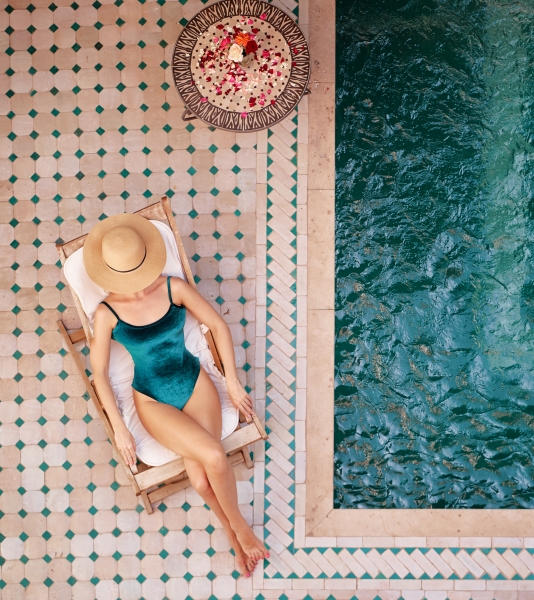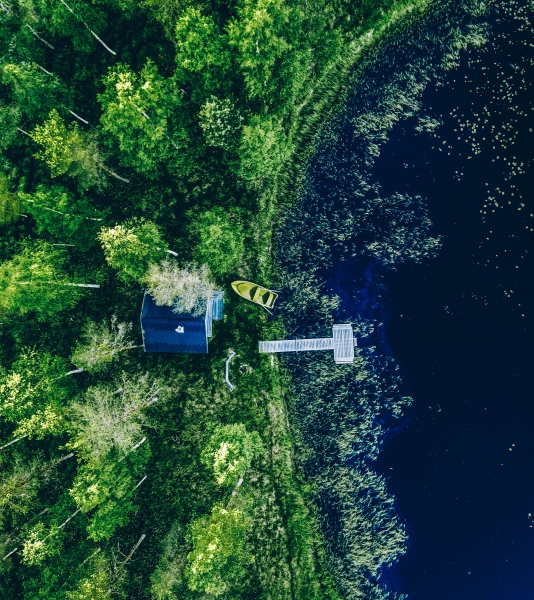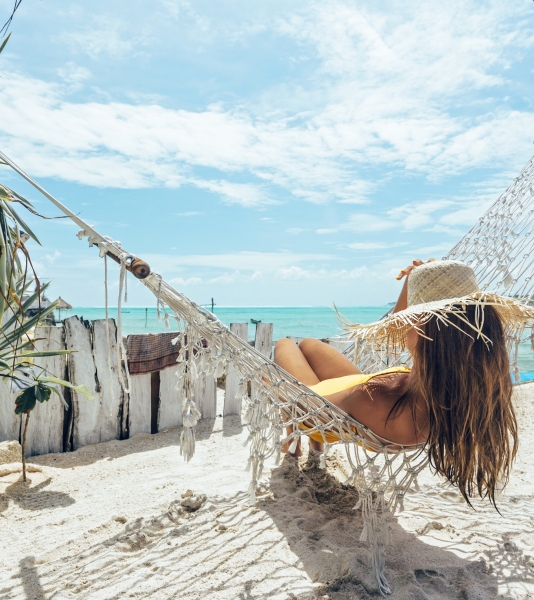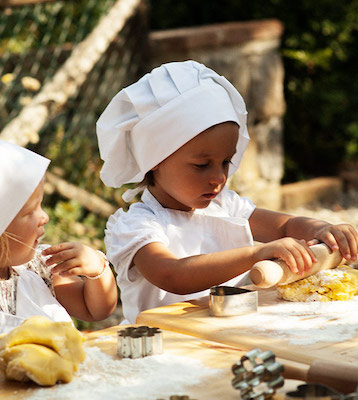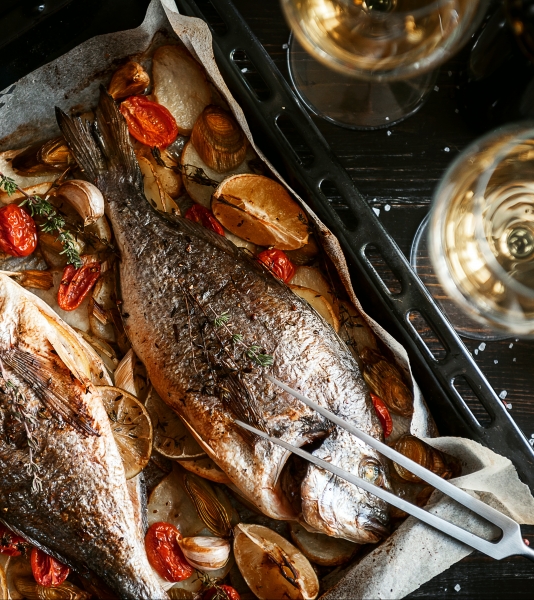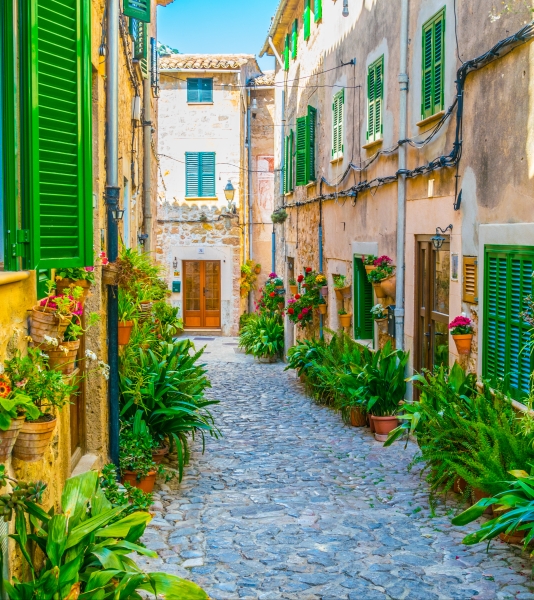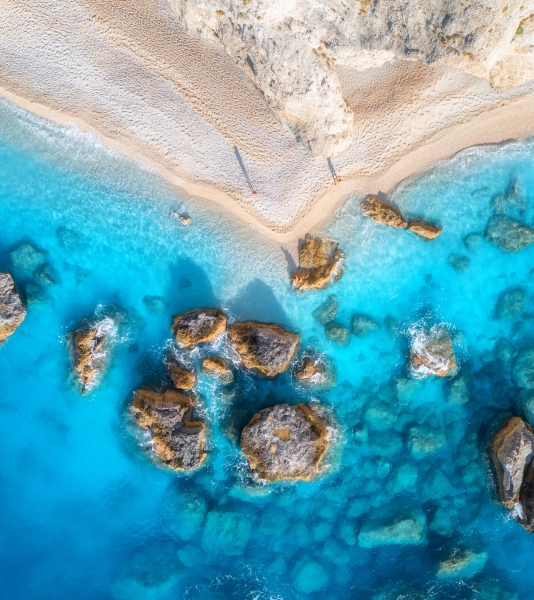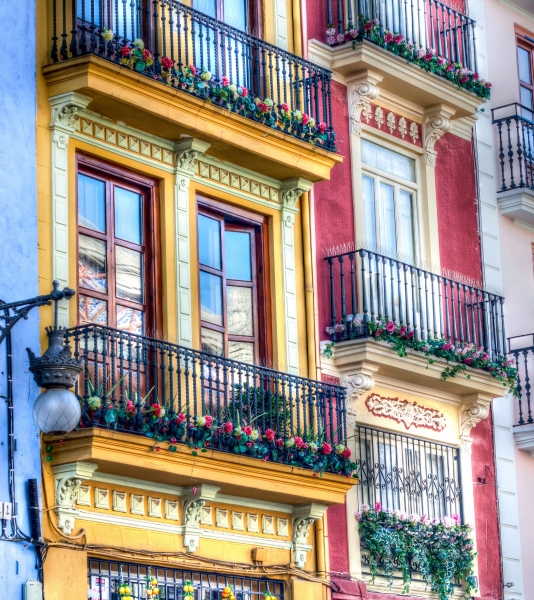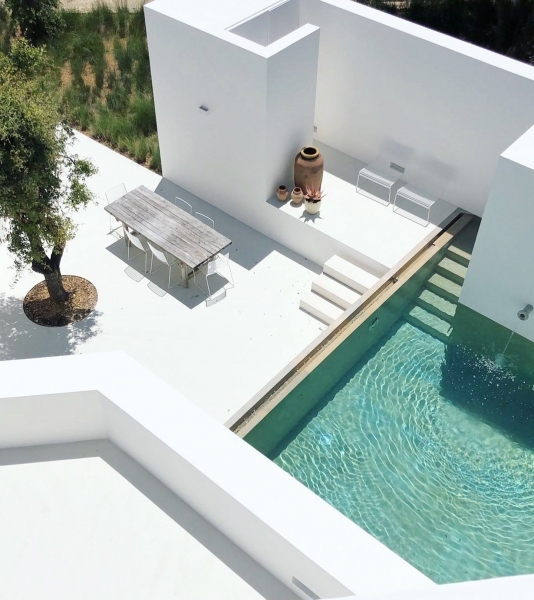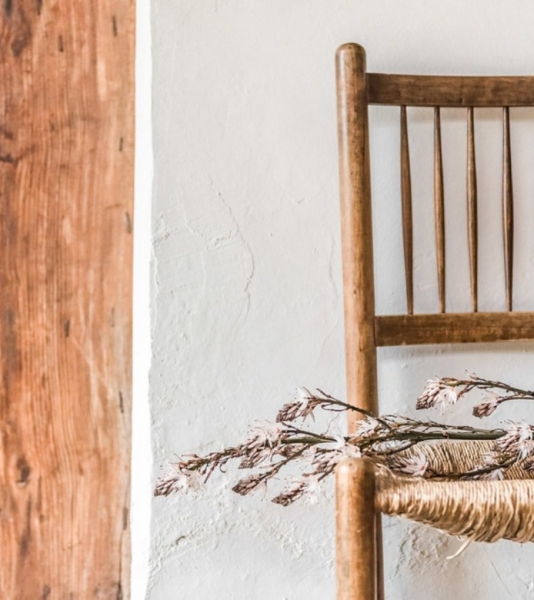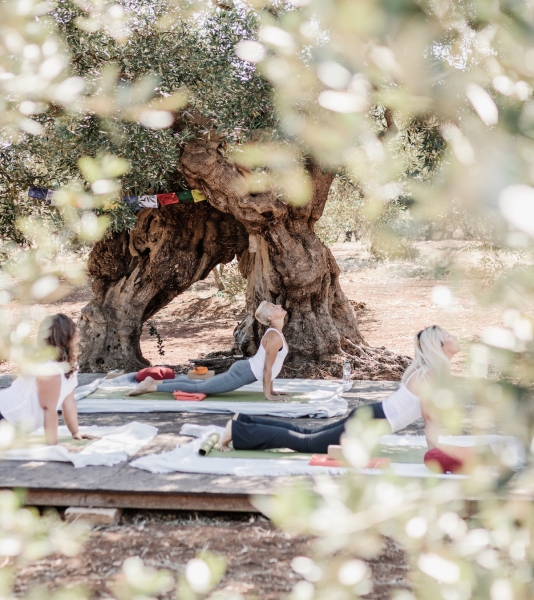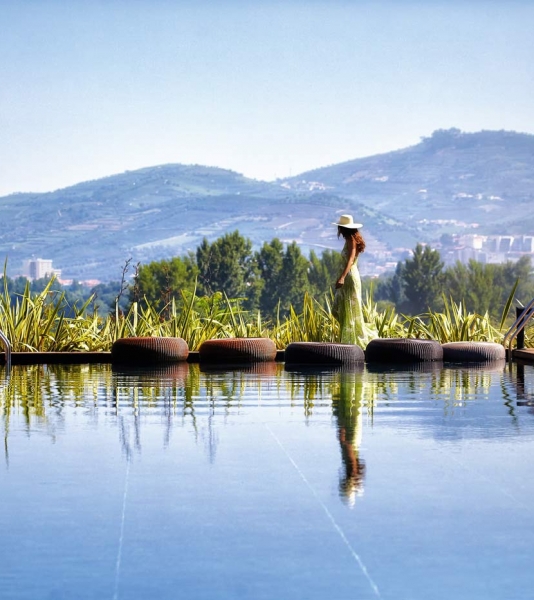Best places to stay in Corsica?
Corsica is a paradise for those with a sense of adventure. The island’s pristine beaches, charming hidden villages, and towering mountains are just waiting to be explored. Whether you're after a quiet escape or an active trip, find your perfect base amongst our handpicked selection of the best boutique hotels in Corsica. We have charming small hotels and beautiful bed and breakfasts that let you experience the island at its most authentic. If you're after something more indulgent, our curated selection of the best luxury hotels in Corsica offers that extra touch of comfort. This short guide will cover:
- Where to stay in Corsica
- What to do in Corsica
- Gastronomy in Corsica
If you have specific preferences or already know the kind of accommodation you’re after, the following collections could guide you to the ideal place to stay:
- Romantic getaways and honeymoon holidays in Corsica
- Luxury hotels and villas in Corsica
- Country hotels and country houses in Corsica
- Budget boutique hotels and holiday homes in Corsica
- Family friendly hotels in Corsica
- Gourmet escapes in Corsica
- Village feel in Corsica
- Pet and dog friendly hotels in Corsica
Where to stay in Corsica
With its wonderfully diverse landscapes and remarkable ecological riches declared part of UNESCO World heritage, it is no wonder that Corsica is commonly referred to in France as “the Isle of Beauty”. Each and every corner of this largely unspoilt island is waiting for you to discover its unique character.
Take the Balagne region in the north, for example. Known as the “garden of Corsica,” this area is filled with olive groves, vineyards, and charming hilltop villages like Sant'Antonino and Pigna. The town of L'Île-Rousse offers a more coastal vibe with its red-tinged granite rocks and picturesque beaches. Stay in a beautiful boutique hotel or eco-friendly B&Bs and explore the local markets, where artisans sell handmade crafts, or go for a wine tasting in one of the nearby vineyards. Further inland, Corte is the gateway to Corsica’s mountainous interior. It’s here that the island’s more rugged side reveals itself, with towering peaks and deep gorges dominating the landscape. This is the place to come if you love hiking, as you’ll have easy access to trails like those in the Restonica Valley.
Down south, Bonifacio is perhaps Corsica’s most striking town, perched on white limestone cliffs that plunge dramatically into the sea. Its medieval citadel and narrow streets offer a glimpse into Corsica’s past, but it’s the proximity to other stunning sights such as the iconic Capu di Fenu and its lighthouse, that make it such a worthwhile place to stay. A short boat ride takes you to the Lavezzi Islands, an exquisite mosaic of secluded beaches and pristine waters. It’s easy to lose yourself in the natural beauty here—perfect for those seeking a quiet escape from more crowded spots. Porto-Vecchio, on the southeast coast, offers a slightly more polished experience. The town is known for its luxurious villas and chic holiday homes, but beyond the high-end hotels, there’s still an authentic Corsican charm to be found in the winding streets of the old town. The beaches nearby, like Palombaggia and Santa Giulia, may draw crowds in summer, but with a little effort, you can find quieter spots just a short drive away.
What to do in Corsica
Corsica is an island of contrasts, and the activities on offer reflect its diverse landscapes. Whether you’re looking for outdoor adventure or cultural immersion, there’s something here for every type of traveller.
For beach lovers, the island’s 2000 beaches and hidden coves will spoil you for choice. While the beaches of Calvi and Porto-Vecchio are well known, some of the most beautiful spots require a little more effort to reach. The Agriates Desert, a stretch of wild, uninhabited coastline in the north, is home to remote beaches like Saleccia and Loto. Accessible by boat or on foot, these secluded beaches offer a sense of isolation that’s hard to find elsewhere in the Mediterranean.
If you’re more inclined to head inland, Corsica’s mountainous interior is a playground for hikers and nature lovers. The GR20 is famous for being one of Europe’s toughest long-distance trails, but there are plenty of easier hikes that offer equally spectacular views. In the Asco Valley, you can follow trails through pine forests to reach natural swimming pools and waterfalls, perfect for cooling off after a long day’s walk. If you are looking for a shot of adrenaline, then you can also go jumping, rappelling and sliding down one the islands many canyons such as the Pulischellu and Purcaraccia, situated under the magnificent Aiguilles de Bavella.
Corsica’s rich cultural heritage is deeply tied to its traditions, particularly to its music. Traditional Corsican polyphonic singing can still be heard in villages during festivals and religious celebrations. One of the most atmospheric is Festa di a Nazione, held in Corte, which celebrates Corsica’s independence and is marked by music and processions, forming a moving display of local pride. For something a bit more relaxed, the summer sees open-air concerts in towns like Patrimonio, where you can enjoy Corsican folk music against the backdrop of rolling vineyards.
Exploring the island’s villages is a must for any visitor. Villages like Nonza on Cap Corse, with its striking black pebble beach, or Zonza, tucked into the mountains near Bavella, are full of authentic Corsican charm. These are places where life moves slowly and time seems to stop completely. Visitors can take their time exploring winding streets, sipping local wine whilst playing a game of pétanque, or watching the sunset over the hills.
Gastronomy in Corsica
Corsican food is deeply connected to the island’s geography and history, and the cuisine reflects its balance between sea and mountains. Local produce, often grown in family-run farms or caught fresh from the sea, is the star of the island’s dining scene.
Charcuterie is a staple, with Corsican ham and sausages, particularly figatellu and coppa, being local favourites. You’ll often find them served as part of a hearty platter, alongside Corsican cheeses like brocciu, a creamy ewe’s milk cheese that’s used in everything from savoury tarts to desserts like fiadone.
Corsica’s seafood is just as important. The island’s long coastline provides an abundance of fresh fish, shellfish, and octopus, often served simply with olive oil and herbs. In the small fishing villages like Erbalunga, you’ll find restaurants serving grilled fish straight from the boats. Corsican honey, made from the wild herbs and flowers of the maquis, is another local delicacy, and it finds its way into desserts or simply drizzled over fresh goat’s cheese.
Corsican wine is also a highlight, with vineyards like those in Patrimonio producing excellent reds and whites that pair perfectly with the island’s rich flavours. Be sure to try a glass of Nielluccio or Sciaccarellu—Corsica’s unique grape varieties that embody the island’s bold and rugged character.
In Corsica, food isn’t just something to eat—it’s a way of understanding the island’s connection to the land, the sea, and the people who live here. Whether you’re enjoying a simple meal at a roadside café or dining in a fine restaurant with sweeping sea views, Corsica’s flavours will leave a lasting impression.
As nossas coleções
Não sabe para onde ir? Deixe nossas coleções te inspirarem.


